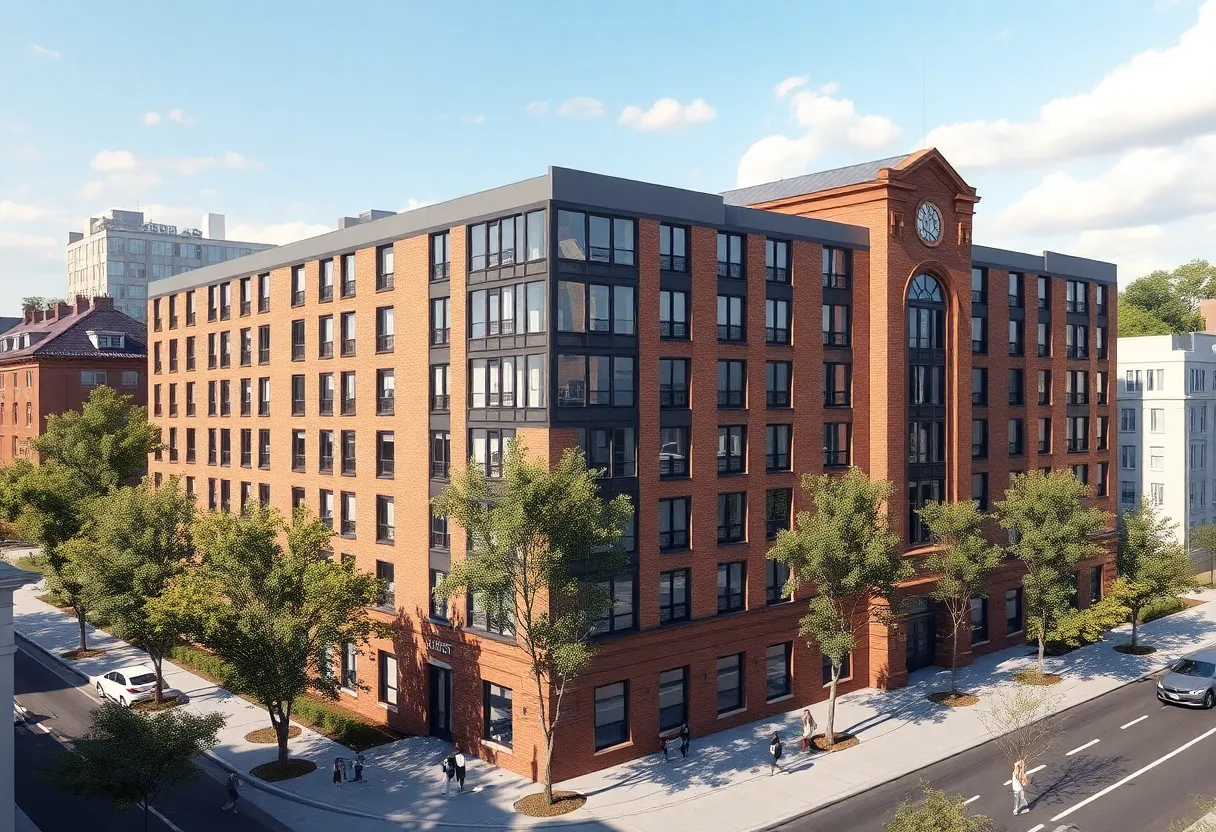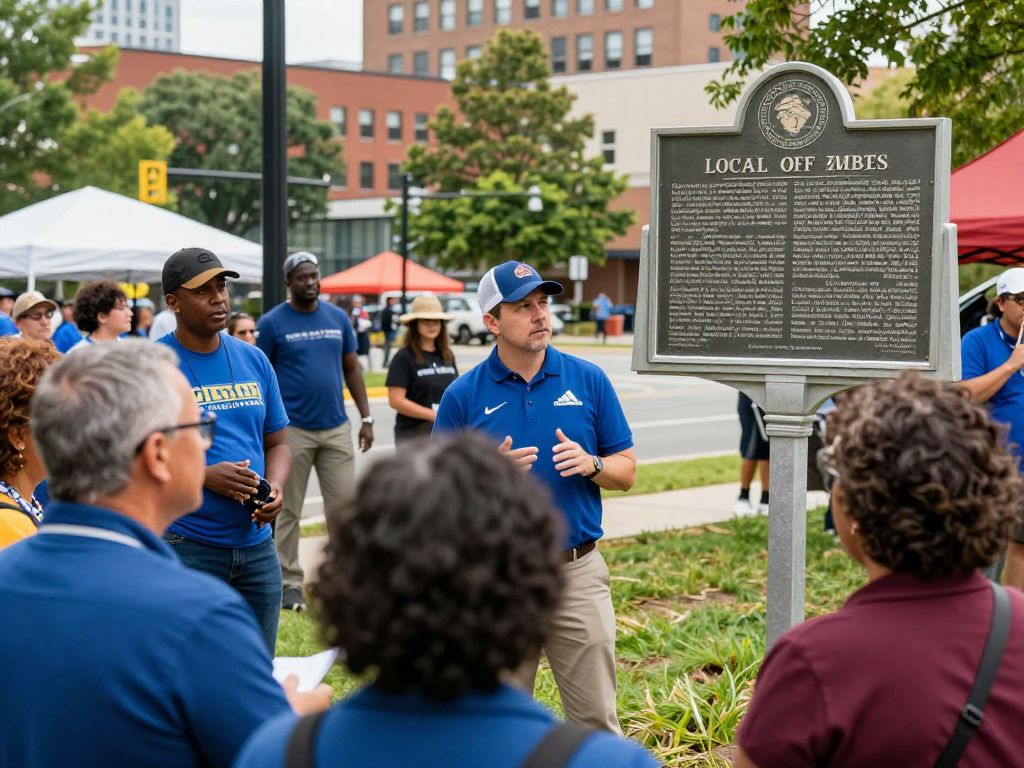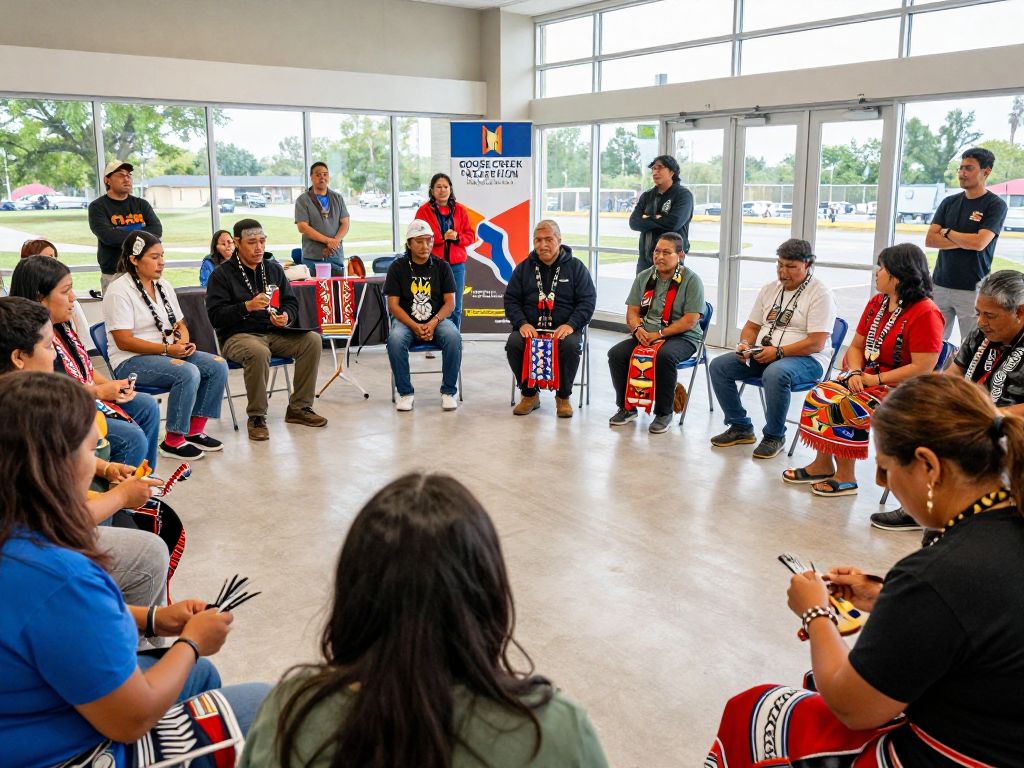News Summary
The College of Charleston has been approved to demolish the historic YWCA on Coming Street to construct a new dormitory, Coming Street Commons. This facility will provide approximately 1,200 beds to address the housing shortage for its undergraduate students. Concerns about community input and the preservation of the site’s archaeological significance, as it rests on an old burial ground, have been raised. College officials are committed to honoring historical elements during construction, while advocating for modern accommodations to meet the needs of the growing student population.
Charleston Approves Demolition of Historic YWCA for New Dormitory
The College of Charleston has received the green light to demolish the historic YWCA building located at 106 Coming Street to build a new dormitory named Coming Street Commons, aimed at addressing the housing shortage for its 10,600 undergraduate students. The Board of Architectural Review unanimously approved the demolition request on June 11, 2025, allowing for the construction of a facility that will include approximately 1,200 beds.
New Dormitory to Alleviate Housing Shortage
The construction of Coming Street Commons comes as the College seeks to tackle the pressing issue of high rental costs in the area, where the average monthly rent for a one-bedroom apartment exceeds $2,000. The new dormitory will not only expand student accommodation significantly but also aims to create a more inviting living environment featuring common areas and food options. Construction costs are estimated between $100 million and $160 million, with anticipated completion in August 2028.
Historical Significance of the YWCA Building
Opened in 1964, the YWCA building holds historical significance as a site of activity during the Civil Rights Movement, where activists, including Septima Clark, played pivotal roles. The college purchased the property for nearly $28 million in January 2025, following its unoccupied status since the YWCA disposed of it in 2014.
Concerns About Community Input and Archaeological Studies
Community responses to the demolition plans have raised concerns regarding input and the decision-making process. A community meeting held on June 3 showed low attendance, indicating a potential lack of engagement among local residents. Discussions in the community revealed apprehension about the swift demolition and the necessity for thorough archaeological studies, particularly because the site rests on an old potter’s field—an established burial ground since 1794 housing an estimated 4,600 individuals, many likely enslaved. Concerns focused on the potential impact on the burial ground and ensuring proper commemorative actions.
Efforts to Respect Historical Context
College President Andrew Hsu and architect Jay White emphasized their commitment to honoring the site’s historical significance. They plan to commemorate both the YWCA and the potter’s field during and after the construction process. The college has also engaged Terracon, a cultural resource management firm, to conduct archaeological assessments of the site, an initial investigation with ground-penetrating radar revealed no graves, but further assessments are scheduled once the YWCA building is demolished.
Preservationist Advocacy for More Time
Some preservationists and community members argue for more time for public involvement before the demolition occurs. They stress the importance of conducting a thorough archaeological study and documenting the site’s history before proceeding with any construction. Amidst these discussions, the college remains committed to retaining certain artifacts from the YWCA building, including a mural and iron gates, as part of the commemoration efforts.
Conclusion
While the College of Charleston moves forward with plans for the Coming Street Commons dormitory to alleviate housing pressures, the demolition of the historic YWCA highlights the balance between development and honoring historical sites. The college’s leadership aims to respect the unique heritage of the area while providing modern accommodations for its growing student population.
Deeper Dive: News & Info About This Topic
HERE Resources
College of Charleston Approves Demolition of YWCA Building
College of Charleston Moves to Demolish Historic YWCA Building
College of Charleston Plans Demolition of Historic YWCA Building
Additional Resources
- Post and Courier: College of Charleston to Demolish YWCA
- Wikipedia: College of Charleston
- Live 5 News: College of Charleston Plans Expansion
- Encyclopedia Britannica: Civil Rights Movement
- Count on 2: City Approves College of Charleston Demolition
- Google Search: College of Charleston New Dormitory
- Live 5 News: Community Concerns About Housing Plan
- Google News: College of Charleston Housing Demolition
- Live 5 News: Video on Housing Plan Concerns
- Encyclopedia Britannica: Charleston, South Carolina
Author: STAFF HERE CHARLESTON
The CHARLESTON STAFF WRITER represents the experienced team at HEREcharleston.com, your go-to source for actionable local news and information in Charleston, Charleston County, and beyond. Specializing in "news you can use," we cover essential topics like product reviews for personal and business needs, local business directories, politics, real estate trends, neighborhood insights, and state news affecting the area—with deep expertise drawn from years of dedicated reporting and strong community input, including local press releases and business updates. We deliver top reporting on high-value events such as the Spoleto Festival USA, Charleston Wine + Food Festival, and the MOJA Festival. Our coverage extends to key organizations like the Charleston Metro Chamber of Commerce and the Charleston Museum, plus leading businesses in tourism and maritime industries that power the local economy such as South Carolina Ports Authority and the Charleston Visitor Center. As part of the broader HERE network, including HEREaiken.com, HEREbeaufort.com, HEREchapin.com, HEREcharleston.com, HEREclinton.com, HEREcolumbia.com, HEREgeorgetown.com, HEREgreenwood.com, HEREgreenville.com, HEREhiltonhead.com, HEREirmo.com, HEREmyrtlebeach.com, HEREnewberry.com, HERErockhill.com, HEREspartanburg.com, HEREaustin.com, HEREcollegestation.com, HEREdallas.com, HEREhouston.com, and HEREsanantonio.com, we provide comprehensive, credible insights into South Carolina's dynamic landscape.





